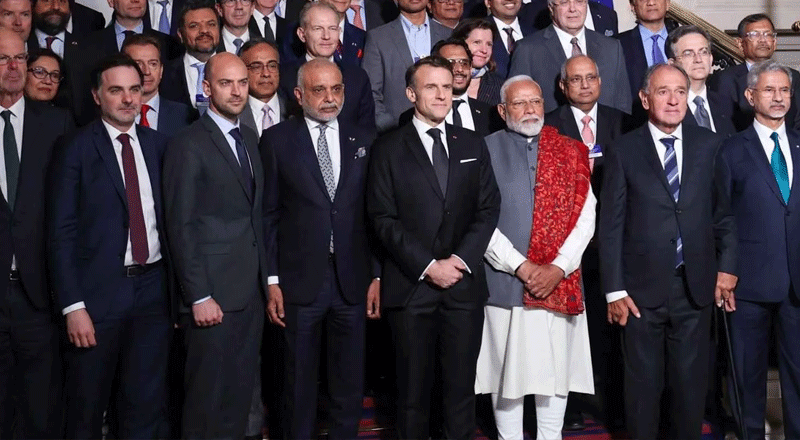Government’s Current Stance on Crypto Regulation
India’s cryptocurrency sector, which has been eagerly awaiting a clear regulatory framework, will have to wait a bit longer. The Indian government has recently indicated that it does not plan to introduce comprehensive legislation for the regulation of virtual assets in the near future. This announcement came from Minister of State for Finance, Pankaj Chaudhary, in response to queries from MP GM Harish Balayogi during a Lok Sabha session.
Chaudhary’s reply clarified that there are no current proposals to establish a regulatory framework for the sale and purchase of cryptocurrencies and other virtual assets. This stance comes despite growing calls from various quarters for a structured approach to managing and regulating the burgeoning crypto sector.
Existing Oversight and Regulatory Measures
While the Indian government is holding off on comprehensive crypto legislation, certain regulatory measures are already in place. The Financial Intelligence Unit India (FIU-IND) has been authorized to oversee Virtual Digital Asset Service Providers (VDSAPs) under the Prevention of Money Laundering Act, 2002 (PMLA). This measure is aimed at addressing specific issues related to Anti-Money Laundering (AML) and Countering the Financing of Terrorism (CFT). By designating VDSAPs as Reporting Entities, the FIU-IND seeks to ensure that these entities adhere to necessary compliance requirements.
When questioned about the government’s efforts to understand the current landscape of Virtual Digital Assets (VDAs) and the number of firms operating in this sector, Chaudhary acknowledged that the government does not collect data on these aspects due to the sector’s unregulated status. This lack of data complicates the ability to assess the sector’s size and impact accurately.
Global Collaboration and Future Prospects
India has been actively involved in advocating for a unified global approach to cryptocurrency regulation. During its G20 Presidency last year, India worked alongside the International Monetary Fund (IMF) and the Financial Stability Board (FSB) to draft a roadmap aimed at creating standardized crypto legislation applicable to all G20 members. According to Chaudhary, G20 nations are currently evaluating the pros and cons of cryptocurrencies. The next steps involve collaborating with global standard-setting bodies to develop appropriate measures for managing crypto assets.
This international collaboration underscores India’s preference for a globally coordinated approach rather than unilateral national regulations. Sharat Chandra, founder of blockchain-focused EmpowerEdge Ventures, suggested that India’s regulatory stance is likely to remain cautious until a global consensus is reached. This approach reflects a broader strategy of aligning with international standards before implementing domestic regulations.
Parallel Developments in Digital Finance
Despite the government’s cautious approach to cryptocurrency regulation, significant advancements are being made in other areas of digital finance. The Reserve Bank of India (RBI) is progressing with its Central Bank Digital Currency (CBDC) initiative. The RBI’s efforts include integrating the eRupee with popular Unified Payments Interface (UPI) apps such as Google Pay, PhonePe, and Amazon Pay. This integration represents a parallel effort to foster innovation in digital payments and enhance the financial ecosystem while global discussions on cryptocurrency regulation continue.
In summary, while India continues to evaluate its approach to cryptocurrency regulation, the focus remains on international collaboration and advancing digital finance initiatives. The government’s current position emphasizes the need for global consensus and adherence to international standards before implementing domestic regulatory measures.
(With inputs from agencies)





